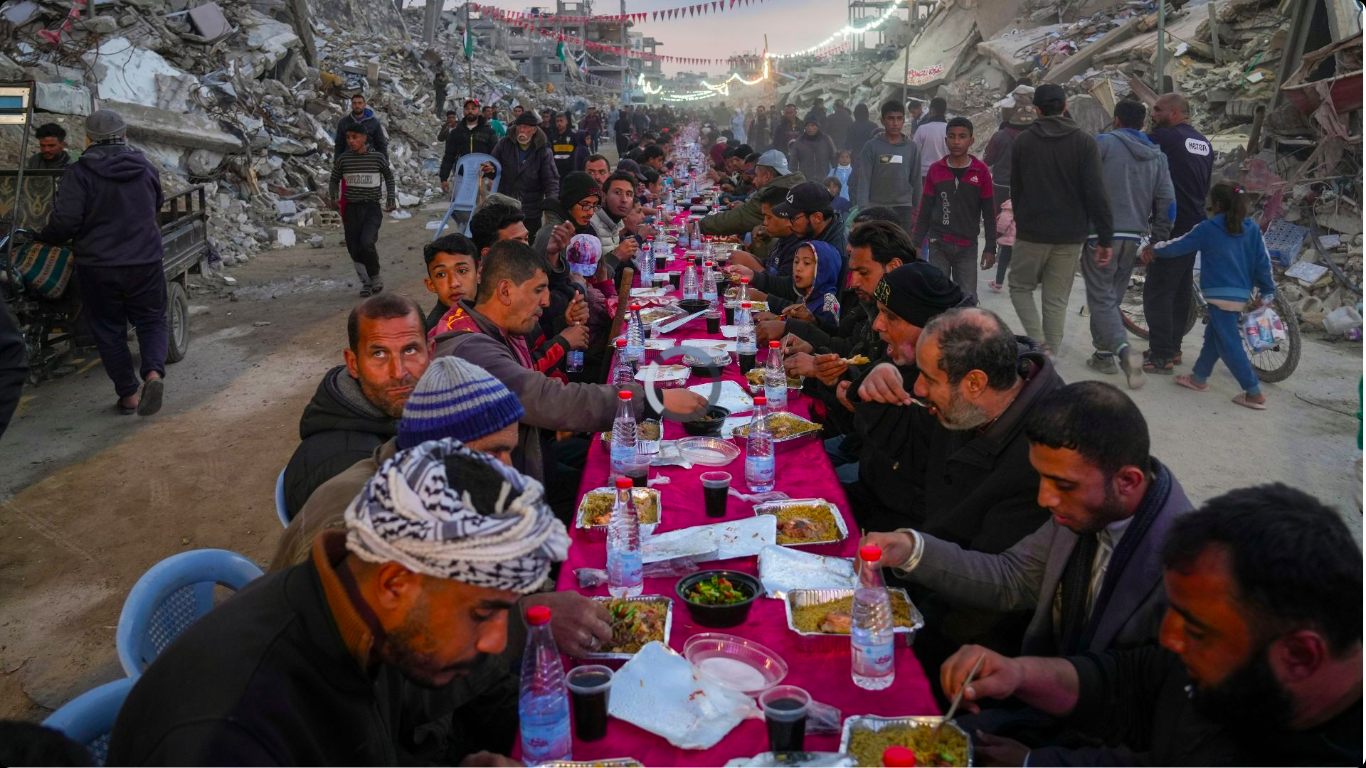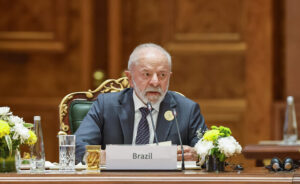
Published 02/03/2025 17:09
The Government of Israel announced on Sunday (2) the total suspension of the entry of goods and supplies in the Gaza Strip, in response to the refusal of Hamas to accept a proposal for the continuation of the fragile ceasefire that has been in force since January. Prime Minister Benjamin Netanyahu’s office also warned that if the Palestinian group maintains its position, there will be “additional consequences.”
“Israel will not allow a ceasefire without the liberation of our hostages,” the Israeli government said, referring to the prisoners who are still in Hamas custody. The Palestinian group, in turn, classified the decision as “cheap extortion, a war crime and a blatant attack on ceasefire.”
Ceasefire at risk and impasse in negotiations
The first phase of the ceasefire ended on Saturday (1st), and Israel has not yet given a green light to advance to the second stage of the agreement, which provided for the gradual release of hostages and the expansion of the truce. According to Netanyahu’s office, Israel had accepted a proposal from the US special envoy Steve Witkoff to extend the truce for six weeks during Ramadan and Jewish Easter, which ends on April 20.
Although the details of the proposal were not officially disclosed, Netanyahu stated that the extent of the truce would involve the release of half of the hostages – alive and dead – still kept by Hamas. The rest would only be released after an agreement for a permanent ceasefire. According to Israeli Prime Minister, Hamas currently maintains 59 hostages, 24 being alive and 35 dead.
Hamas rejected this approach and insisted that the second phase of the ceasefire was implemented as previously agreed. The impasse generates apprehension among the Palestinians, who fear the return of Israeli bombings.
Concern with humanitarian crisis and impact on the population
Since the beginning of the ceasefire, hundreds of supplies trucks have entered Gaza daily, but with the suspension of humanitarian aid, prices fired. Residents reported that the cost of food doubled on Sunday, generating a race to stock up basic products.
“Everyone is worried,” said Sayed Al-Dairi, resident of Gaza, to the Associated Press agency. Fayza Nassar, a resident of the Jabalia Refugee Field, warned of the worsening humanitarian conditions. “There will be hunger and chaos. Closing the crossings is a heinous crime. ”
International organizations reinforce the need for a continuous ceasefire to ensure humanitarian assistance. The world food program warned, in a social media publication: “The ceasefire must be maintained. There can be no return. ”
Criticism of Netanyahu and manifestations in Israel
Netanyahu government stance generated criticism within Israel. On Sunday, hundreds of protesters protested in front of the government’s residences, requiring a definitive agreement for ceasefire and the exchange of prisoners.
Former Israeli general and politician Yair Golan accused Netanyahu of avoiding the implementation of the second phase of the agreement. “Israel signed a pact that provided for the transition to the second phase on the 16th day of the first phase. However, it avoided these negotiations, ”Golan told the newspaper Maariv. He argued that a long-term ceasefire and Israeli withdrawal of much of Gaza are essential for the release of hostages.
Expert Stephen Zunes, from the University of San Francisco, told Al Jazeera that US stance in the mediation of the crisis follows a recurring standard, favoring Israel. “Hamas and Israel agree on something, but Israel tries to review it to its advantage. So the US has a new proposal that benefits Israel and blame Hamas for not accepting it. ”
With the future of uncertain negotiations and the suspension of humanitarian aid, tension in the region increases, feeding the fear of a new climb of the conflict.
Source: vermelho.org.br

